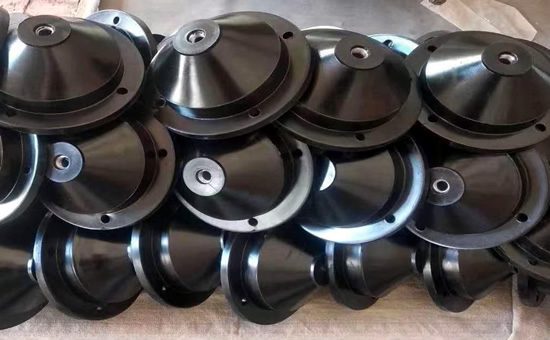With the growing global demand for environmentally friendly materials, vegetable pine tar, as a chemical auxiliary material with environmental protection characteristics, has gradually attracted the attention of the market. Vegetable pine tar, derived from natural plants, is made through a special extraction process, which has the characteristics of renewable and biodegradable, which makes it unique in the field of environmentally friendly materials. Among the export products, the application of vegetable pine tar is mainly focused on improving the environmental performance of the product and reducing the environmental impact in the production process.
Due to its natural origin and degradability, vegetable pine tar is becoming more and more popular in the international market. Many countries have strict requirements for the environmental standards of imported products, and the use of vegetable pine tar can effectively improve the environmental protection level of products, and the environmental protection standards that need to be followed in the application of rubber products mainly include the following points.
1. Restriction of polycyclic aromatic hydrocarbons (PCA): According to the EU REACH regulations, the mass fraction of benzo[a]pyrene in rubber oil should be less than 1 μg/g, and the sum of the mass fractions of 8 specific polycyclic aromatic hydrocarbons (PAHs) should not be greater than 10 μg/g. The Chinese national standard "Aromatic Mineral Oil for Rubber Plasticizers (GB 33322-2016)" also restricts the content of PCA, requiring that the mass fraction of benzo[a]pyrene should not be greater than 1 μg/g, and the sum of the mass fraction of eight PAHs, including benzo[a]pyrene, should not be greater than 10 μg/g, and the mass fraction of PCA should be less than 3%.
2. Volatile organic compound (VOC) emissions: environmentally friendly rubber softeners should have no VOC emissions or low VOC emissions to reduce environmental pollution.
3. Renewability: Environmentally friendly rubber softeners should be renewable, and vegetable pine tar, as a natural source of materials, meets this requirement.

4. Non-toxic and harmless: environmentally friendly rubber softeners should be non-toxic and harmless, and will not pose a threat to human health.
5. Chemical stability: environmentally friendly rubber softener should have good chemical stability to ensure the performance and service life of rubber products.
6. Industry standards: such as "Rubber Processing Aid - Loose Tar (HG/T 4610-2014)" stipulates the requirements and test methods for pine tar as a rubber processing aid.
7. Production technology of environmentally friendly recycled rubber: The production technology of environmentally friendly recycled rubber requires the use of environmentally friendly additives, such as pine tar, wood tar and other plant series or other series of environmentally friendly additives to reduce the impact on the environment.
The application of vegetable pine tar in export products also faces some challenges. First of all, due to its relatively high cost, this may increase the production cost of the product, affecting its competitiveness in the price-sensitive 2SLYY0928 market. Secondly, the production process and quality control of vegetable pine tar require strict standards to ensure its environmental protection characteristics and stability. In addition, there are differences in the acceptance and application scope of vegetable pine tar in different countries and regions, which requires in-depth market research and adaptive adjustment by export enterprises.
Despite the challenges, the application of vegetable pine tar in export products is still promising. With the continuous progress of technology and the improvement of environmental awareness, its application in export products is of great strategic significance. Through continuous technological innovation and market development, vegetable pine tar is expected to become an important force to promote the development of the global environmental protection industry.
Exclusive original article [commercial authorization] reprint, excerpt and excerpt in any form are prohibited without written authorization. Focus on Hongyun rubber: learn the process formula and raw material technology of producing rubber products from recycled rubber to help you reduce costs and increase profits